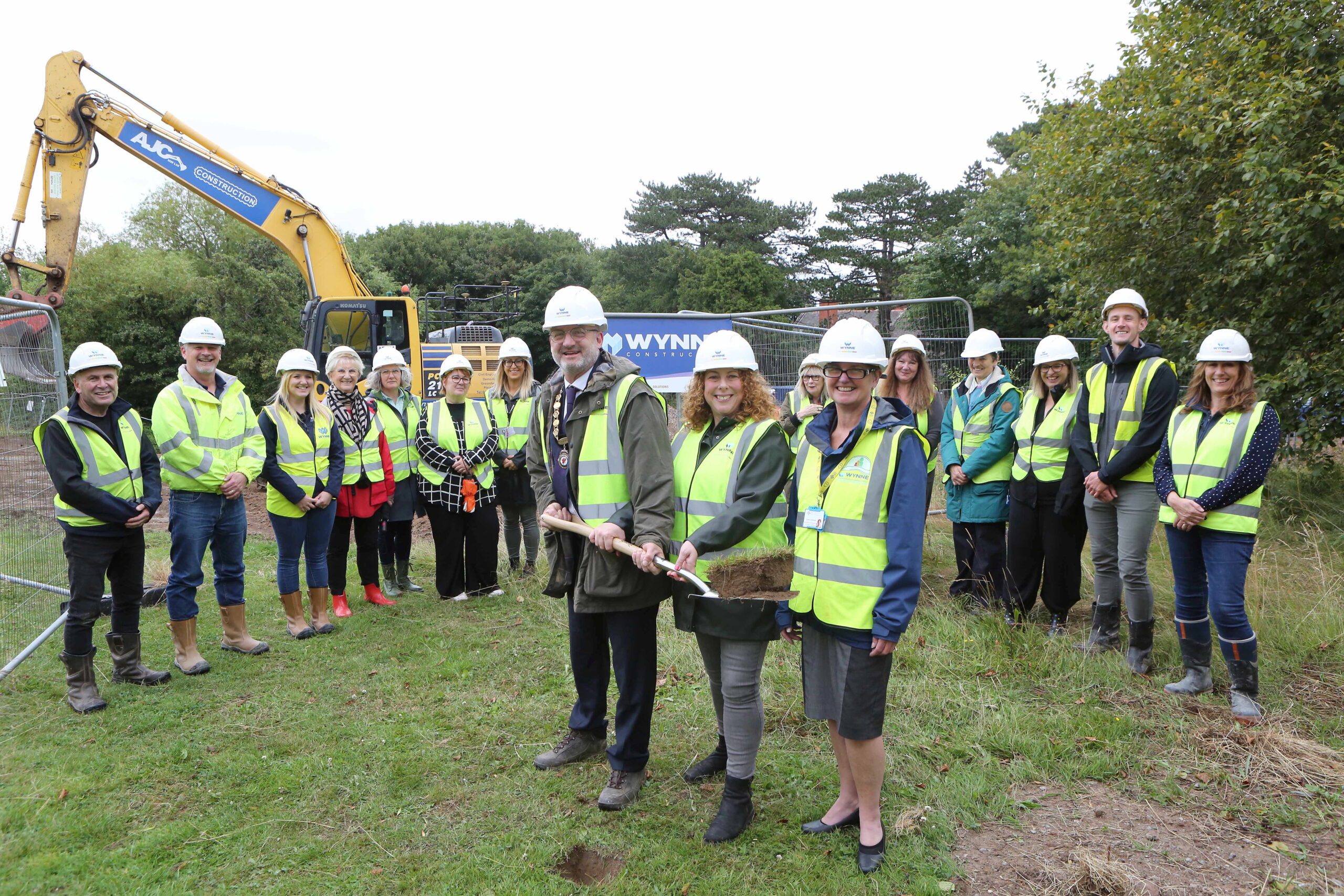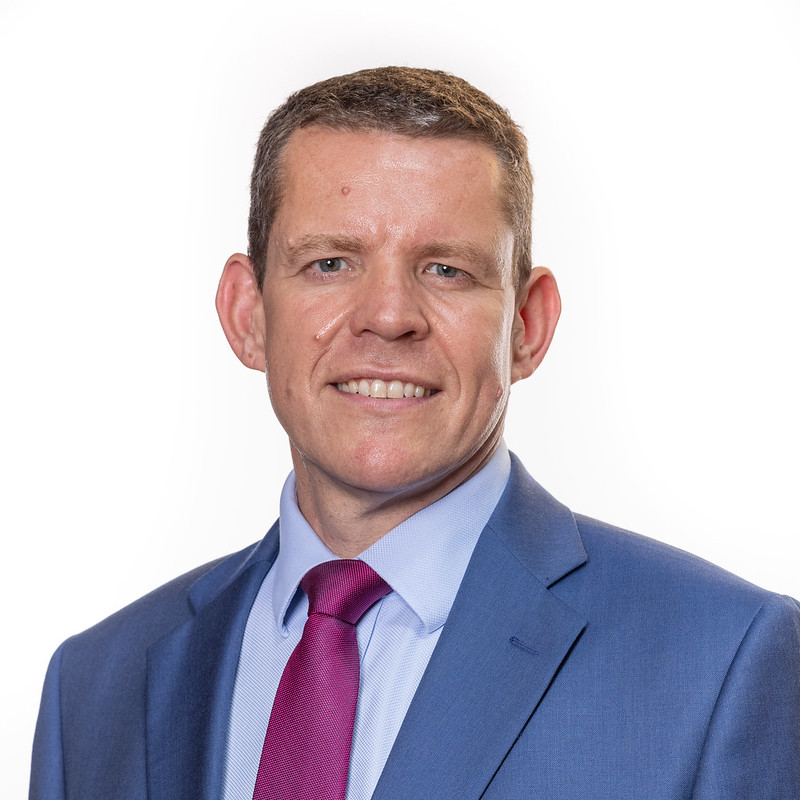Cefin Campbell, who lives in the Tywi Valley, described rural Wales as a picture of decline, with banks, schools, post offices and pubs all closing,
The Plaid Cymru politician told the Senedd young people are leaving to seek work, affordable housing, a better life or leisure facilities.
Mr Campbell said an external view of relative wealth can hide poverty under the surface, warning significant poverty is hiding in the shadows in rural Wales.
He raised the example of Ceredigion, which has among the highest house prices in Wales, yet 30% of children living in poverty – the second highest rate in the country.
‘Economic dysfunction’
Mr Campbell, who represents Mid and West Wales, said rural areas face the triple pressures of high costs, low incomes and poor access to public services.
He quoted Calvin Jones, a professor of economics at Cardiff University, as warning rural Wales is in trouble – “probably more trouble than in living memory”.
“Economic dysfunction is old hat here of course,” said Prof Jones.
“The social problems consequent on poor wages, low value added, and a lack of economic opportunity and market income are many and longstanding.
“These include poverty, the hollowing out of towns, poor service provision for rural areas, and the out-migration of the young.”
‘Rural proofing’
Mr Campbell advocated following the example of Northern Ireland’s Rural Needs Act which places a legal duty on public bodies to carry out a rural-proofing test
The former lecturer urged the Welsh Government to adopt a specific strategy, arguing urban and rural poverty must be addressed differently.
He told the chamber he has commissioned research and developed a strategy, which will be published shortly, due to the lack of response from the Welsh Government.
His Plaid Cymru colleague Mabon ap Gwynfor said: “There’s one thing that’s certain, which is that there is less investment in our rural areas, in the infrastructure.”
The Dwyfor Meirionnydd MS called for fair funding from Westminster, saying Crown Estate and HS2 money could transform rural Wales.
‘Food deserts’
Siân Gwenllian highlighted a Bevan Foundation report on poverty in her Arfon constituency, warning of a cost-of-living premium in rural areas.
She raised concerns about food deserts in communities such as Dyffryn Nantlle and Deiniole where there is no supermarket and public transport infrastructure is poor.
Samuel Kurtz, who chairs the cross-party group on rural growth, raised a report on rural productivity which made 19 recommendations following an inquiry.
The Conservative said: “There are genuine opportunities within this report that do not require big money bags being spent to improve productivity in rural Wales.
“These are some small changes that can be implemented that can deliver real change in rural Wales, that would benefit people that we represent across Wales.”
‘Not convinced’
Responding to the short debate on May 15, Huw Irranca-Davies agreed it is a crucial issue, with 80% of Wales classified as rural and one in three people living in rural areas.
The new rural affairs secretary told the chamber the Welsh Government’s goal is to ensure equal access to support whether you live in a rural or urban area, or between the two.
Mr Irranca-Davies said ministers firmly believe a strategic all-Wales approach is the best way forward while recognising the challenges in different communities, including rural areas.
“I’m not convinced that a rural poverty strategy on its own is the right approach,” said the former MP, who was environment minister in Gordon Brown’s UK Government.
He battled away calls for legislation, saying rural proofing should form part of existing impact assessments and he will hammer this point home with cabinet colleagues.
Please donate here: Support Carmarthenshire News Online Thank you for supporting independent journalism and contributing to the future of local news in Carmarthenshire. Carmarthenshire News Online has been dedicated to providing unbiased and trustworthy news, free from commercial or political influence. By donating as little as £1, you can help ensure the continuation of this important source of information for the community. Your contribution will have a significant impact on the sustainability of independent journalism. If you're looking to enhance your brand's visibility, we also offer advertising opportunities on our Livestream and podcasts. Our special offers provide excellent value for reaching our engaged audience. To learn more about these opportunities and to discuss your advertising needs, please feel free to call or text us at 07308598604. Thank you again for your support, and together we can ensure the availability of quality local news for Carmarthenshire and beyond.
Please donate here: Support Carmarthenshire News Online







